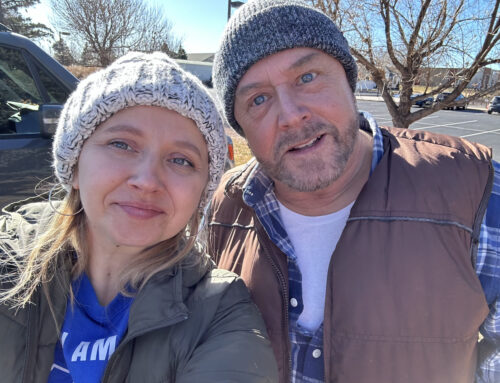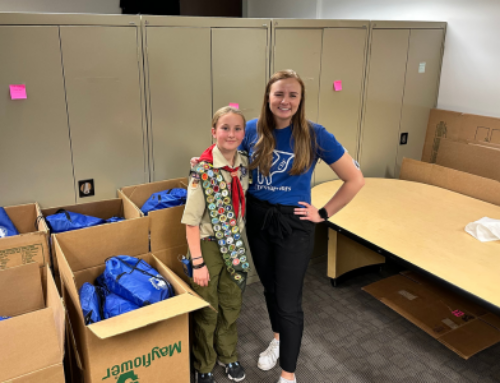By Kerry McCawley

I have been a type one diabetic since I was 21 months old, and I’ve dealt with many ups and downs with my disease. Everyone, from family to doctors, has told me about the possible complications of diabetes, such as retinopathy and loss of limb. Still, no one really discussed depression with me. According to the Centers for Disease Control and Prevention, “People with diabetes are 2 to 3 times more likely to have depression than people without diabetes. Only 25% to 50% of people with diabetes who have depression get diagnosed and treated.” With this big of a number, I would think someone would have talked to me about depression. Maybe it was just because I was a kid at the time or that I didn’t admit to how depressed I was feeling on questionnaires before my doctors’ visits. Regardless of the reason, I struggled with depression since sometime around middle school, with nobody noticing.
When I first noticed my depression, I attributed it to being a teenager and having some extra stressors in my life, such as being T1D, having celiac, and having a chronically ill father. My depression wasn’t too bad in the beginning, so I didn’t pay much attention. However, when my father passed away at the beginning of my senior year of high school, my depression worsened quite a bit. To combat this, I decided to pile my plate with as many things as I could and returned to school four days after he passed. I kept myself busy to keep my mind off my depression and loss as much as possible, which seemed to be the only thing to get me through my senior year. I had depression brought up a lot that year, but it seemed so ordinary as a part of the grieving process that I never reached out for help.
As time went on, I still felt depressed, but my depression felt manageable enough. It hadn’t really affected my diabetes management, so I thought that I could do it independently. This was until 2020, which I had decided would be my year, as I believe many of us so wrongly thought. I began the year working on my health; I started working out, ate more gluten-free than I ever had before and had my lowest a1c so far. I was really proud of myself, and my depression felt very minimal.
Then at the end of February, my grandfather passed away, and the week of his funeral in March, the Coronavirus Pandemic began. I felt like my life had been upended, my grandpa was gone, my classes were online, I lost my job, and I was terrified to even leave the house. My depression took this opportunity to slowly creep back in, and it was there with a vengeance. After the spring semester ended, I started to isolate myself from everyone. I stopped messaging my friends and busied myself with trivial things. This set the tone for the rest of 2020, and my depression came to its worst in December. I was at a very low point. I slept and cried most of the day and stopped caring about my diabetes and celiac.
This was when I had a telemedicine appointment with the Barbara Davis Center that I was dreading because I knew I was doing a terrible job of managing my diseases. Still, I couldn’t bring myself to correct it. I knew I needed to talk about my depression, but I was so scared of what might happen.
During this appointment, I finally broke down and admitted what was going on, and I am so glad I did. The BDC gave me so much support and resources that I didn’t even know were out there. In January 2021, I was able to get an evaluation done for depression and anxiety and get onto an antidepressant coupled with counseling. My depression has become more manageable, and now I know how to reach out when struggling. Some days are still hard, but I am working every day to manage my depression, diabetes and celiac. I know it’s not perfect, but I am getting there, and I know there are people and resources to support me. I know it’s hard to do, but if you are struggling with depression, you must make your best effort to reach out to someone. It’s too hard to go it alone.





